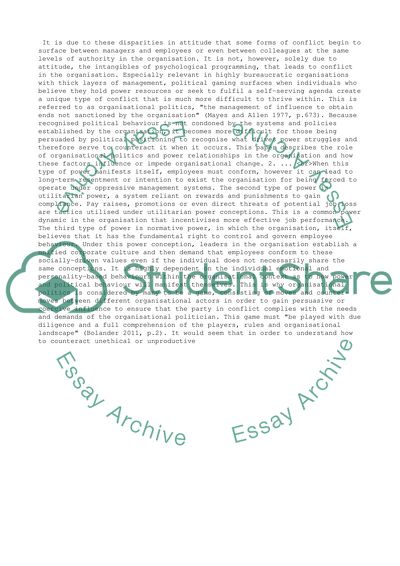Cite this document
(“How do power relations and organizational politics affect Essay”, n.d.)
How do power relations and organizational politics affect Essay. Retrieved from https://studentshare.org/management/1462876-how-do-power-relations-and-organizational-politics
How do power relations and organizational politics affect Essay. Retrieved from https://studentshare.org/management/1462876-how-do-power-relations-and-organizational-politics
(How Do Power Relations and Organizational Politics Affect Essay)
How Do Power Relations and Organizational Politics Affect Essay. https://studentshare.org/management/1462876-how-do-power-relations-and-organizational-politics.
How Do Power Relations and Organizational Politics Affect Essay. https://studentshare.org/management/1462876-how-do-power-relations-and-organizational-politics.
“How Do Power Relations and Organizational Politics Affect Essay”, n.d. https://studentshare.org/management/1462876-how-do-power-relations-and-organizational-politics.


